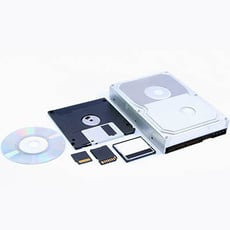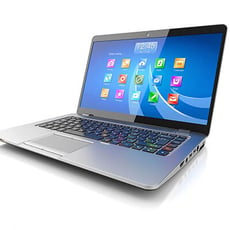Resources
Get insights, answers, and inspiration—all built to keep you ahead in tech.

05-07-2025

03-12-2025

02-19-2025

08-16-2024

08-09-2024